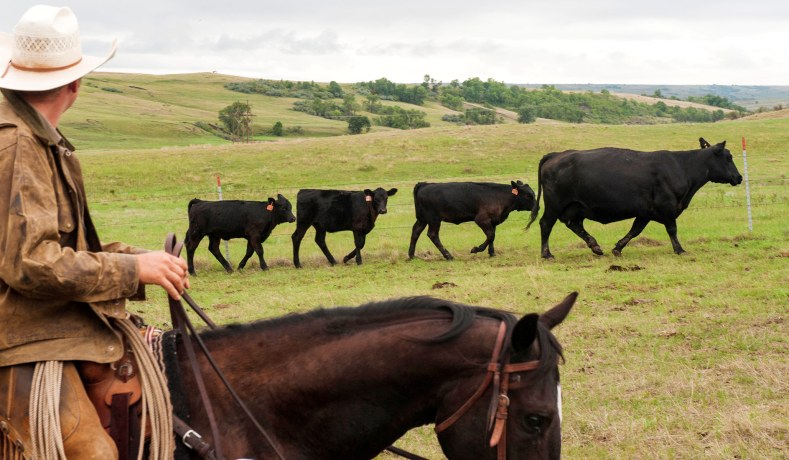
The war on red meat, spearheaded by vegetarians (and then vegans) has been going on for years. More recently, the climate warriors have joined in. A decade or so ago, the idea that climate change might have been used as a justification for either banishing meat from the table — or repricing it so that it was treated as an occasional luxury — would have seemed outlandish. But climate warriors have a remarkable ability to turn the unthinkable into the all too real (and, no, that is not a reference to their predictions about the climate). And so it is well worth paying attention to what they are saying in this respect.
From Bloomberg Green (sic) yesterday:
Getting more people around to world to cut down on eating beef could save lives by reducing heart attacks and curbing global temperature rises, according to The Lancet medical journal.
Just as they were caught off guard by the Covid-19 pandemic, healthcare systems around the world are ill prepared to cope with the worst impacts of climate change, including heat-related illnesses, the journal’s annual Countdown on Health and Climate Change report concluded.
One of the most effective ways to tackle emissions, they said, is reducing red meat consumption. Food production is responsible for a quarter of the world’s greenhouse gas emissions, most of which come from meat and dairy livestock. The report said per-capita emissions from beef consumption rose 5.5% from 2000 to 2017.
The authors identified a 54% rise in heat-related deaths in older people in the last 20 years, and a record 2.9 billion additional days of heatwave exposure affecting those over 65 in 2019 — almost twice the previous high. They also found that deaths from excess red meat consumption have risen 70% in the last three decades, with the majority of the almost 1 million annual deaths occurring in Western Pacific regions such as China, Korea and Australia.
Naturally,the World Economic Forum (“Davos”) is on the case:
As well as consuming resources, the meat industry generated considerable amounts of greenhouse gas emissions. Compared with the production of a regular meat burger, plant-based alternatives use up to 99% less water, 95% less land, and 90% less emissions, according to the United Nations.
None of which gets us away from the rising global demand for meat. But there are short- and long-term changes that will help address some of these concerns. The UN cites a study undertaken by the University of Michigan, on behalf of the meat-substitute producer Beyond Meat. It suggests that Americans eat, on average, three burgers per week but could “save the amount of greenhouse gas emissions produced by 12 million cars, simply by swapping one of those weekly meals with a plant-based alternative.”
The UN’s Food and Agriculture Organization (FAO) suggests a series of changes in consumers’ attitude and behaviour will be required to secure a more sustainable global food supply. These include raising awareness among the general public of the importance of tackling food waste: around the world one-third of all food produced ends up in the garbage.
The FAO also calls for a rebalancing of food prices to reflect the total cost of food production and supply. That includes the loss of biodiversity from land-clearance, emissions and pollution, and the consumption of water. And it suggests a reduction in per-capita meat consumption in affluent countries.
“Rebalancing” of food prices, eh?
More work needed on those euphemisms.
More on this, I fear, to come.






